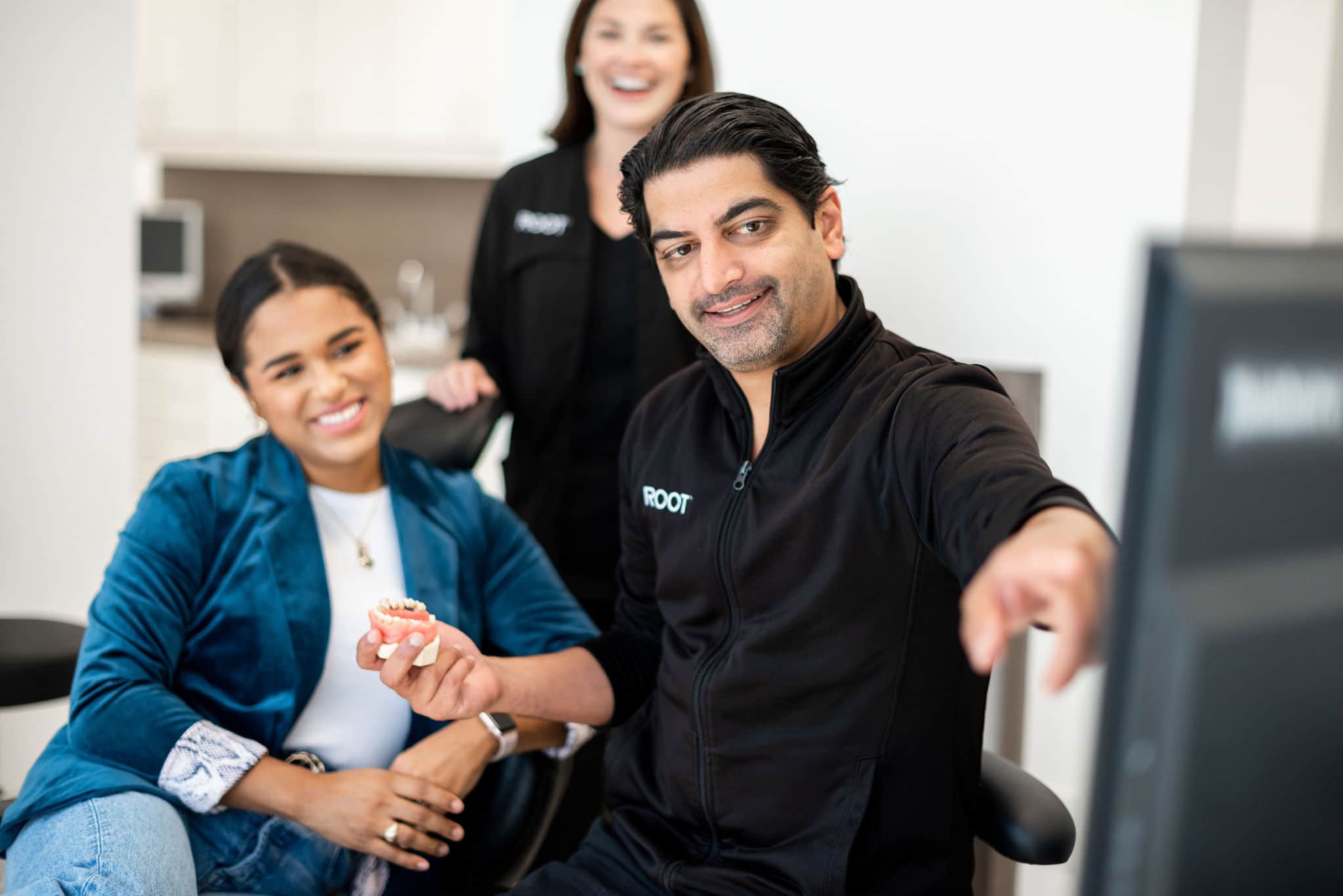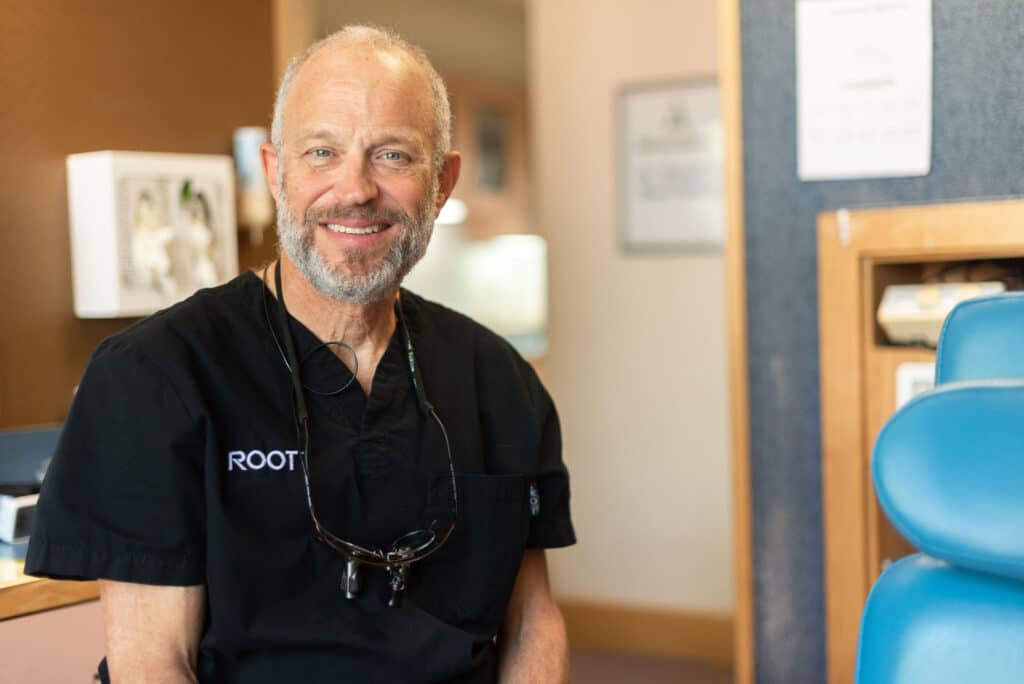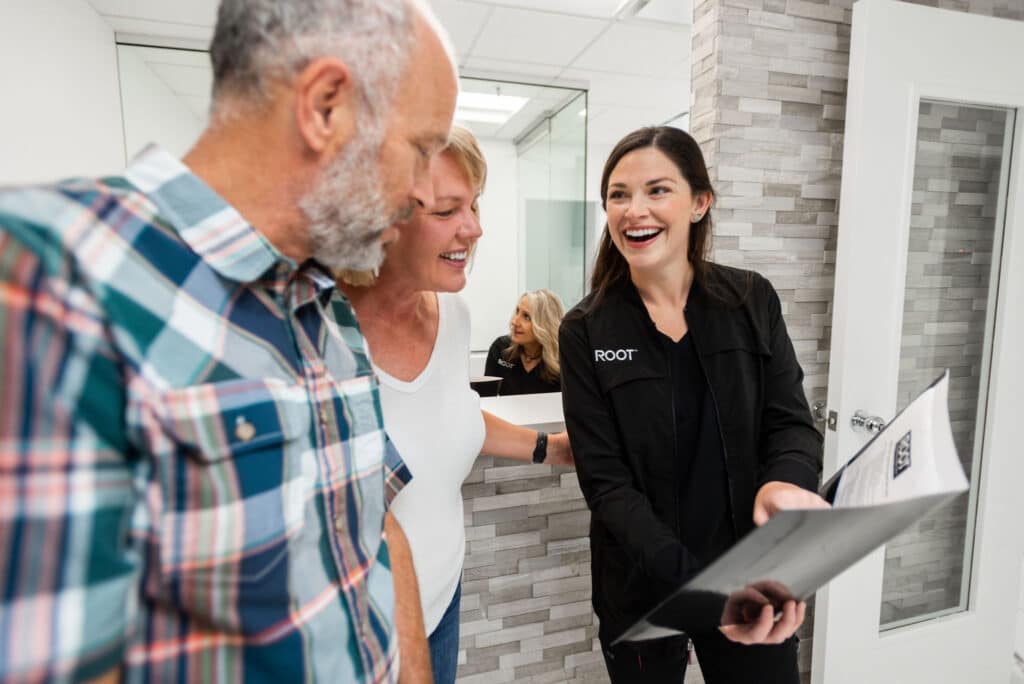Dr. Patel
Periodontist
The training that Dr. Patel has received has given him a wide range of experience in treating advanced periodontal disease, complicated extractions of teeth, placement of dental implants, bone regenerative procedures, as well as in periodontal plastic surgery/cosmetic procedures.
Dr. Pooria Fallah
Periodontist
Dr. Fallah received his DDS degree in 2009 and subsequently completed his residency program in Periodontics at New York University College of Dentistry in 2015. He became a Diplomate of the American Board of Periodontics in 2016 and has been practicing periodontics in private practice in Dallas since 2015.
Dr. Husain
Periodontist
Dr. Husain is proficient in dental surgical procedures involving bone and soft tissue grafting, dental implant placement, minimally invasive LANAP and other laser procedures, and treating chronic periodontal diseases.
Dr. Li
Periodontist
Dr. Li is a Board-Certified periodontist and a Diplomate of the American Board of Periodontology. A Diplomate is a periodontist who has made significant achievements beyond the mandatory educational requirements of the specialty, demonstrating a comprehensive mastery of all phases of periodontal disease and treatment and in the placement of dental implants.
Dr. Sheppard
Periodontist
Dr. Sheppard has been in private practice since 2004. She takes pride in providing her patients with the highest quality care using the latest technology and using a patient centered approach. In 2005, she co-founded The Northwest Society of Women Dentists, an organization for women who were often also business owners.
Should I Have Them Extracted?
There are a number of issues that can develop due to wisdom teeth not being removed, including the following:
- Cyst Formation: When teeth become impacted, cysts can develop and begin to destroy the jawbone and surrounding teeth.
- Infection: When there is not sufficient room for total eruption, the gums around the wisdom teeth can become infected or irritated, which will cause issues such as swelling, pain, and/or difficulty eating, chewing, and/or swallowing.
- Damage to Adjacent Teeth: When there is not enough room to adequately clean the wisdom teeth, the surrounding teeth can become negatively impacted, which can result in decay, bone loss, and/or gum disease.
- Crowding: One of the most common causes of crowding is impacted wisdom teeth, especially in the area of your lower front teeth.
The Extraction Process
In order to determine if you are a good candidate to have your wisdom teeth removed, you will need to schedule an initial consultation, during which we will examine the overall health of your teeth, review your medical history, and determine what treatment options are best suited to your unique needs.
If it is determined that you are a good candidate to have your wisdom teeth removed, your procedure will typically begin with administration of anesthesia. The type of anesthesia that is used may vary, depending upon the severity of your case as well as your overall sensitivity. If you do receive heavy sedation, it will be important to have someone drive you home following your appointment. It is also important to not eat or drink
anything for eight hours minimum prior to your surgery.
Once you are properly sedated, your periodontist will cut away the bone tissue and gum that covers the tooth. Next, the tooth will be divided into sections and removed using forceps. Once the tooth/teeth have been removed, the site will be cleaned, and if necessary, stitches will be used to facilitate the healing process. If you do require stitches, they will typically dissolve 3-5 days after your procedure.
Suggested Aftercare
Following your wisdom tooth procedure, it is common to experience mild to moderate pain, as well as minor bleeding. Swelling is very common, and typically peaks on the second day of recovery. To help reduce swelling, use an ice pack for twenty minute intervals (twenty minutes on, twenty minutes off). During this recovery period, it is also a good idea to limit physical activity until you have recovered, which typically takes between 3-5 days. We also recommend following a clear liquid diet following this procedure, and slowly reintroduce harder foods as your recovery progresses.
Although unlikely, as with any medical procedure there is the possibility of complications occurring. Potential complications associated with wisdom tooth extraction include dry sockets, infections, delayed healing, and/or tingling or numbness in your tongue, chin, or lips. To help reduce the likelihood of these complications occurring, be sure to follow post-operative care instructions as closely as possible.
Once you have completed the recovery process, there are no additional aftercare instructions you will need to follow, although it is important to continue practicing good oral hygiene habits, such as brushing your teeth twice daily and flossing at least once daily, ideally every time you brush your teeth. It is also important to practice proper brushing and flossing techniques. It is also important to schedule regular checkups with your periodontist every six months. By maintaining a consistent oral health care routine, you will significantly reduce your risk of developing additional periodontal issues, and will continue enjoying a bright and healthy smile for many years to come.
Expected Cost
There are a range of factors that can impact the final cost of having a wisdom tooth or teeth removed, such as the severity of your case, the difficulty involved in removal, what type of anesthesia is administered, any associated procedures that need to be performed prior to or along with treatment, as well as your insurance plan.
Our team is committed to helping you complete necessary paperwork, schedule appointments, and answer any questions you have concerning billing. For patients who have insurance plans, we do request you submit medical/dental insurance information with your New Patient Paperwork to expedite this process.
Please note: to reduce costs to our patients while still ensuring that we can provide the highest level of care, we have the following financial polices:
- We accept Discover, Visa, MasterCard, and American Express
- Full payment is due after services rendered
- Payment plan options are available via www.CareCredit.com
PERIODONTAL SERVICES
To determine if you have gum disease, your periodontist will measure the space between your teeth and gums. Patients who have pockets that are deeper than the average depth of three millimeters or less will be considered candidates for treating gum disease. Depending upon how severe your case is, your periodontist will suggest a follow up appointment, during which several different treatment options may be recommended.
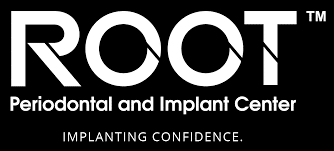
Schedule Your Visit Today
At ROOT™ Periodontal and Implant Center, we take your health, confidence, and teeth seriously. Scheduling regular visits to maintain your teeth and gums will actively improve your overall health, and maintaining a bright and strong healthy smile will do wonders for your self-confidence. In addition to recognizing the importance of your oral health, we also understand the importance of your time, which is why we are committed to making every visit to our clinic as efficient as possible.
Schedule an appointment or consultation today with our friendly, helpful staff.
We look forward to serving you and your smile and having you on your way as soon as possible!
